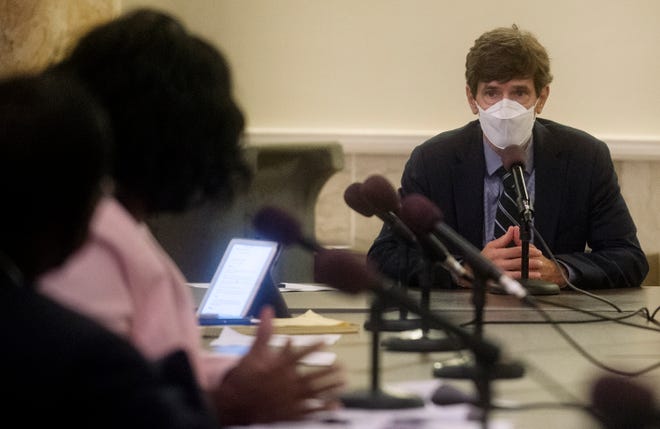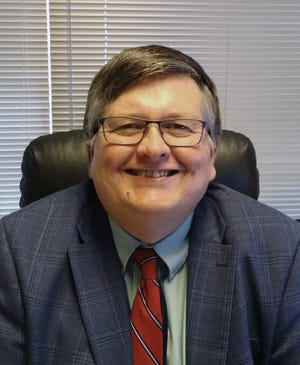
Nearly two years after it was first approved by Mississippi voters, patients still do not have access to medical marijuana, but they will soon according to leaders of the Mississippi Medical Cannabis Program.
The Mississippi Department of Health gave an update on where things stand with the program Thursday, as hundreds of patients, practitioners and businesses have already been approved for some form of license.
As of Thursday, 406 patients, 117 practitioners, 138 dispensaries, 47 cultivators, eight processors, three disposal companies, two testing labs and 491 work permits. All businesses that have been approved have received provisional licenses, which last for 120 days and allow for MSDH to monitor them before issuing a long-term license.

Kris Jones Adcock, director of the Medical Cannabis Program, said everything remains on track for patients to have access to cannabis products by the beginning of 2023.
“It will be the end of the year or sometime early next year before product is tested and available,” Adcock said.
State Health Officer Daniel Edney said MSDH and the Mississippi Department of Revenue were given just 120 days after legislation passed to put in place a regulatory framework for the program. He thanked his team, and his predecessor Thomas Dobbs, for getting everything in place in that timeframe.

“I want to remind everyone that Louisiana and Alabama had a lot more than 120 days,” Edney said. “So, it’s been kind of like building the jet while it’s flying.”
Edney said there is not currently a shortage of licensed practitioners, but he continues to recruit in order to prevent one from occurring. He said there is a lot of interest.
“I think we have enough practitioners now to take care of the patients that are currently certified, but we will be recruiting more,” Edney said. “We’re seeing increases every day in the number of practitioners that are interested in the program, and we’re seeing increases every day in the number of patients interested in the program.”

There are some areas where the program could use more applicants, though. Adcock said there is room for more disposal companies and testing labs. She said the law puts no cap on the number of testing facilities, and other states have seen bottlenecks in their programs caused by testing backlogs.
Edney said that MSDH will do everything it can, with the powers it is given through the law, to prevent marijuana grown legally for medical use from making its way onto black markets.
“We’re doing the best of our ability that the statute will allow to keep diversion as low as possible,” Edney said. “We will not get that to zero.”
Director of Health Protection Jim Craig said MSDH will play two important roles in the program.
“This is a very important role for us here at the health department, in the regulatory space, to ensure patient safety and help prevent diversion.”

